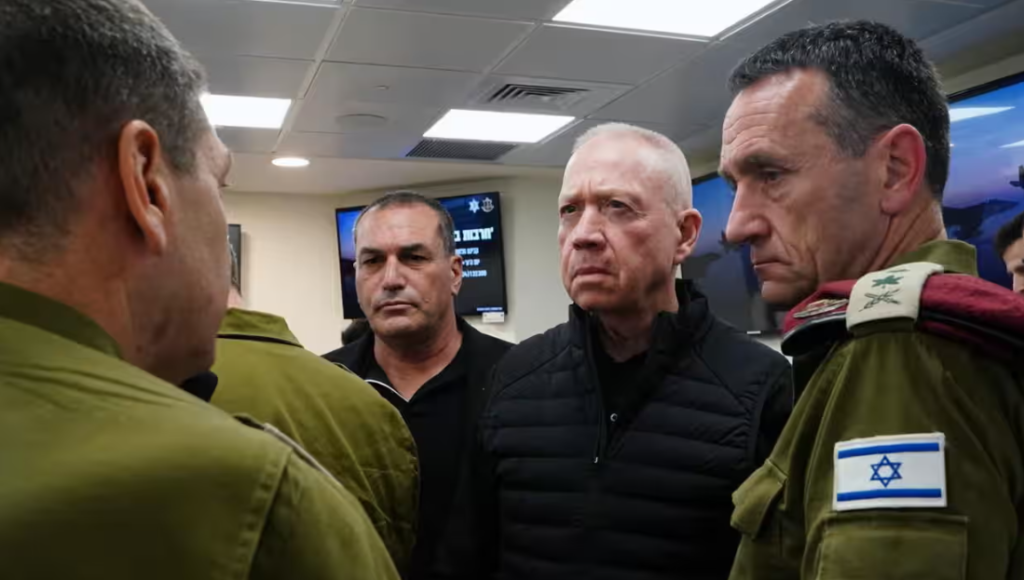Israel is evaluating its reaction to Iran’s recent missile and drone attack, indicating that it is not rushing into action but maintaining a state of readiness.
The Israeli leadership has approved both offensive and defensive measures in response to the unprecedented assault on its territory.
Quoting from the article: “Israel is weighing its response to Iran’s unprecedented missile and drone assault on its territory, signaling on Sunday night that it would not immediately act alone, but insisting its forces remained on high alert and that the leadership had approved both “offensive and defensive action”.
While some members of Israel’s war cabinet suggest a measured approach, Prime Minister Benjamin Netanyahu has not yet made a formal decision.
US officials view the Iranian strike, which comprised over 100 ballistic missiles, as potentially catastrophic if not for interception, and likely to escalate regional tensions.
Israel’s Defence Minister Yoav Gallant sees the successful interception as an opportunity for a new strategic alliance against Iran. He emphasizes the need to build a regional coalition to hold Iran accountable.
In response to Iran’s aggression, Benny Gantz, a member of Israel’s unity government, stated that Israel will exact the appropriate price from Iran in due time and manner.
However, Israeli military spokesperson R Adm Daniel Hagari maintains that Israel is keeping its options open.
US President Biden and his officials have urged restraint, emphasizing the success of joint missile defense efforts.
Biden assured Netanyahu of US commitment to Israel’s defense while refraining from involvement in any retaliatory action against Iran.
The attack, launched in retaliation for an airstrike in Syria, underscores escalating tensions in the region.
While Israel claims to have intercepted the majority of the attacks, the situation remains precarious, with potential repercussions across the Middle East.
The leaders of the G7 have condemned Iran’s aggression, reaffirming their commitment to Israel’s security.
Amid calls for restraint from various quarters, the UN Security Council is set to convene to address the escalating crisis.
The aftermath of the attack has led to disruptions in air travel and economic uncertainty in the region.
Meanwhile, the humanitarian crisis in Gaza exacerbates tensions, drawing in Iran-backed groups and widening the scope of the conflict.
Netanyahu’s longstanding stance against Iran’s nuclear ambitions and regional influence adds complexity to the situation, as calls for international action grow louder.
President Ruto Announces Significant Drop In Fuel Prices By Sh10
